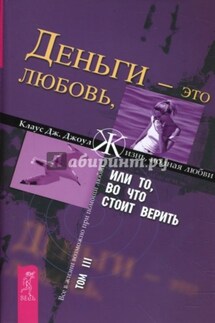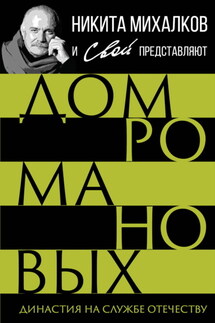The General Theory of Capital: Self-Reproduction of Humans Through Increasing Meanings - страница 62
The ratio between surplus and necessary activity (and their products) forms the rate of surplus activity. The more the complexity of the culture-society exceeds the complexity of the individuals, the higher the rate of surplus activity.
Since, as we have seen above, Marx did not yet know and could not know that complex labor cannot in principle be reduced to simple labor, he could not have known either that added activity cannot be reduced to necessary activity. If for Marx surplus labor and surplus product were produced by the workers and other exploited classes, and appropriated by the exploiting classes, then from our point of view the surplus activity and its products are produced by culture-society as a whole, and the manner of their appropriation depends on the relative political, economic and cultural* power (or authority) of the state, social categories and individuals.
As long as the surplus product was redistributed for the benefit of officials and the army, states were satisfied with a vertical, i.e. centralized, calculation and accounting. The growth of crafts and cities led to a horizontal, i.e. decentralized, circulation of the surplus product. Surplus activity and the need to put its product into circulation were the driving force behind the long process of value and money development. Money spread where the surplus product was extracted from the immediate producers and transferred to an indefinite number of people through the mechanisms of competitive circulation.
Possession, investment and profit
The multiplication of meanings implies a specialization of subjects (artisans, officials, priests, etc.) and an increase in the complexity of their active power—experience and personality. New types of norms arise that regulate communication; human relationships are increasingly mediated by meanings and turn into relations of social roles. When the subjective side of activity is mediated and becomes an abstraction, the objective side also becomes an abstraction: things as means of activity become rights and duties. With the further division of the socio-cultural order, possession develops as a right of disposal, which is associated with the obligation to use. Possession complements and replaces application. If application is the disposal of a thing in the process of use, then possession is the disposal of the user, not tied to the process of use. This applies to both private and community possession.
The quantity of cultural bits contained in the subject and in the means of activity constitutes their meaning mass. The composition of meaning is the ratio between the mass of meanings contained in the subject (actor) and the mass of meanings contained in the means of activity. The mass of meanings in the activity itself depends on this ratio. The lower the meaning composition, the more complex the subject in relation to the means of activity, the smaller the mass of meanings in the means of activity relative to the mass of meanings in the subject—for example, if a skilled worker uses simple tools. And vica versa, the more complex the means of activity in relation to the subject, the greater the mass of cultural bits in things in relation to that in people, the higher the composition of meaning.
Forms of organization such as application and possession are characteristic of activities with a low composition of meaning, when an individual or a family is able to independently create or acquire the means necessary for the activity. The means here remain small, dwarfish by nature:







